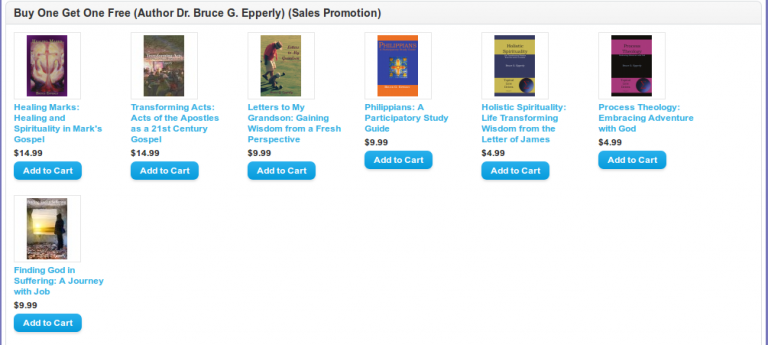Finding and Protecting the Essentials
I’ve written several times before about looking for the essentials of the Christian faith, most recently in my discussion of what a successful United Methodist Church would look like.
I maintain that it is important to identify what are essentials, and to have a well-selected set that will provide identity for an organization. Of course, when we’re talking about church doctrines we hope to deal with essential doctrines that are also true and central to understanding our faith.
If we make too many things essential, we tend to become narrow and divisive. If we make nothing, or too few things essential, we tend to have confusion. I think the United Methodist Church is in the latter situation in many ways.
Of course the difficulty is identifying what is essential. I don’t believe this is necessarily easy, but we need to give it thought. Too often we simply think about what we believe and then sort of drift about in terms of what we believe is really essential.
Eric Carpenter has taken on this topic in his own way, and titles his post Call Heresy What it is, but Only if it’s Heresy.
Eric discusses both sides of the equation–too many essentials, and none at all–though he doesn’t use those terms. Regarding calling people with more minor disagreements “heretics” he says:
We should never be calling others who are in Christ heretics.
Then he discusses essential doctrines and concludes:
Refusing to call heresy what it is leads to a lack of perceived boundaries between the gospel and the world. It suggests that everyone is really the same in their relationship to God. It strongly implies that gospel proclamation doesn’t really matter.
Dave Black, in linking to Eric’s post, puts it this way:
He is right. To be a Christian today we must have the heart of a child and the rind of a rhinoceros. The danger is that along with standing for the truth we will harden our hearts toward people. There are some teachings in the church today that are not to be accepted but rather challenged and (hopefully) corrected. In all of this, however, the serpent’s wisdom must be balanced by the innocent of the dove. God grant us balance.
I hope more Christian bloggers will start to talk about this issue. We may find it had to agree on a solid list, but I think it’s very beneficial to ask ourselves regarding each area of disagreement: Is this critical to the gospel? Then we can continue to discuss non-essentials, but we won’t let them become divisive.

Henry – the Essential needs no protection. The history of these movements is brutal and divisive. I have just been reading Psalm 122:3-4 – such unity is ironic rather than irenic no?
I tried, once, using historic Christian creeds.
Henry,
I’ve used your message as the basis of some musings at http://community.compuserve.com/n/pfx/forum.aspx?tsn=1&nav=messages&webtag=ws-religion&tid=169018.
Here is my musing, O Henry